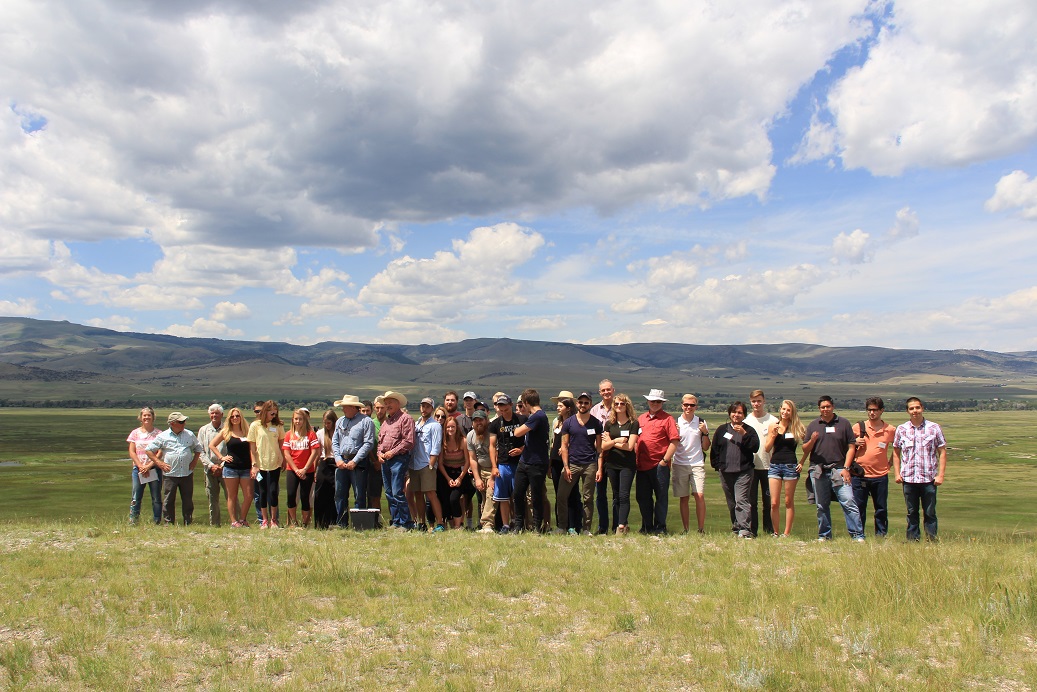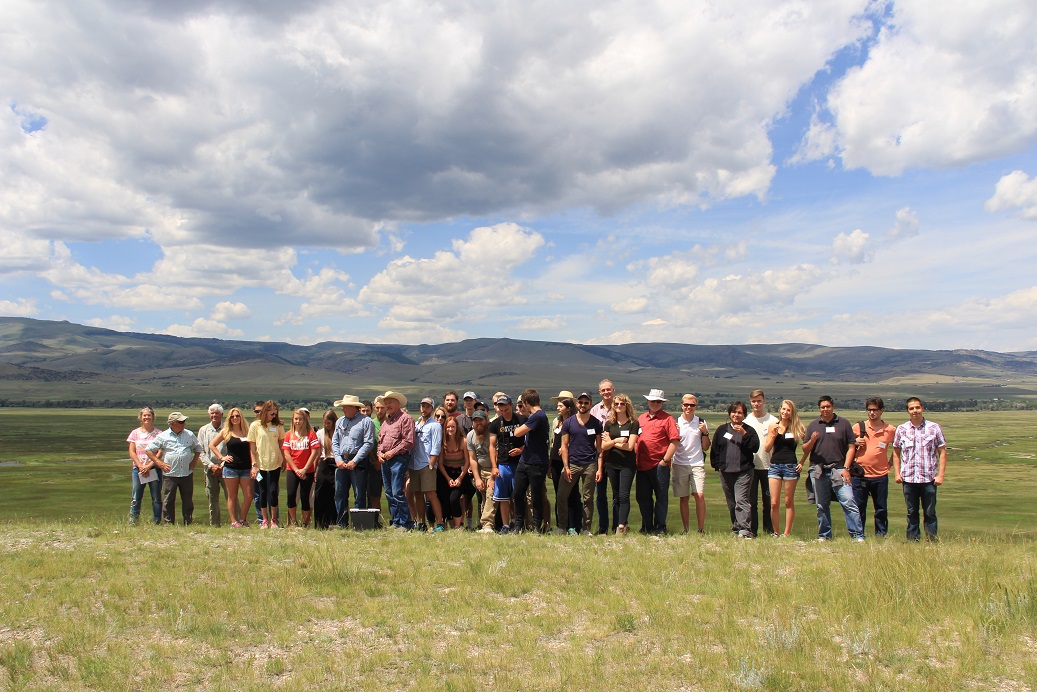Throwback Thursday: From the Vault
“I always saw environmentalism as something that hurt business.” said one college undergrad at PERC’s student colloquium last summer. Who could blame her? For decades people have suggested that environmentalism and capitalism are incompatible, that the free market system is responsible for ecological destruction, and that free enterprise must be reined in with environmental regulations.
25 years ago, as the environmental regulatory state was rapidly expanding, PERC’s Terry Anderson observed that complying with environmental regulations was already costing U.S. businesses more than $90 billion per year. Addressing the Montana Chamber of Commerce in 1990, he challenged three popular attitudes within the business community:
1. Environmental doomsayers are blowing things out of proportion. There really isn’t a problem, so let’s just carry on with business as usual.
In both the private and public sectors, the environment has been polluted and costs have been imposed on innocent people. Burying our heads in the sand will get us nowhere. 2. There’s nothing we can do to stop the rise of environmental regulation, so let’s just make the best of it.
There is no way to make the best of policies that cost more than they are worth, and there are those who claim that capitalism and environmental conservation are incompatible. If we accept such thinking without resistance, the economic growth that has allowed this country to prosper and to continually improve environmental quality will be in jeopardy.
3. We’re “greener” than you are.
Businesses change their packaging and donate to environmental causes to prove that they are good environmental citizens. But how effective are green marketing and advertising campaigns?
Fortunately, Terry Anderson explained to the business community, there is another option: Free market environmentalism.
Rather than being defensive about the free-enterprise system, business leaders should take the offensive. Free market environmentalism is simply the extension of the marketplace to the environment. Markets work because willing buyers and willing sellers share in the gains from trade. It is these gains that provide the incentive for entrepreneurs to move resources to higher-valued uses, including the protection of environmental amenities. Furthermore, it is these gains that have led the Western industrial nations to tower over socialist countries in their environmental achievements.
…
Environmental problems occur when entrepreneurs don’t have to bear all of the costs of their decisions – either because they are subsidized or because they can use resources that nobody owns. Because farmers usually receive subsidized water, they often overuse it; overuse leads to downstream pollution as the water picks up excessive salinity and mineral content from the soil. When water trading was heavily restricted, the farmer had no incentive to use water wisely. The expansion of water markets will encourage more careful use.
…
In summary, the “free market environmentalism” option is a stand for stronger private property rights, fewer subsidies, and, in the tougher cases, enforcement of liability laws against polluters. Not all of these are easy pills to swallow, but they beat the other options. Free market environmentalism can harness the powers of free enterprise to continue improving productivity and environmental quality.
For decades, PERC has advocated for the role of free enterprise in environmental conservation. The work of private entities can solve environmental problems more effectively and efficiently than lobbying or government action. As we face challenges from polluted waterways to wildlife poaching, more and more people are following PERC’s lead and looking to entrepreneurs instead of the government for solutions.
Indeed, after spending a week with PERC scholars, the student who “always saw environmentalism as something that hurt business” came to “understand that free market environmentalism brings business and the environment together, and each one is better off because of the other.”
If you are a student interested in learning more about free market environmentalism, check out PERC’s 2016 Student Colloquium—today is the last day to apply.
Read a more detailed summary of Terry Anderson’s remarks to the business community here.




